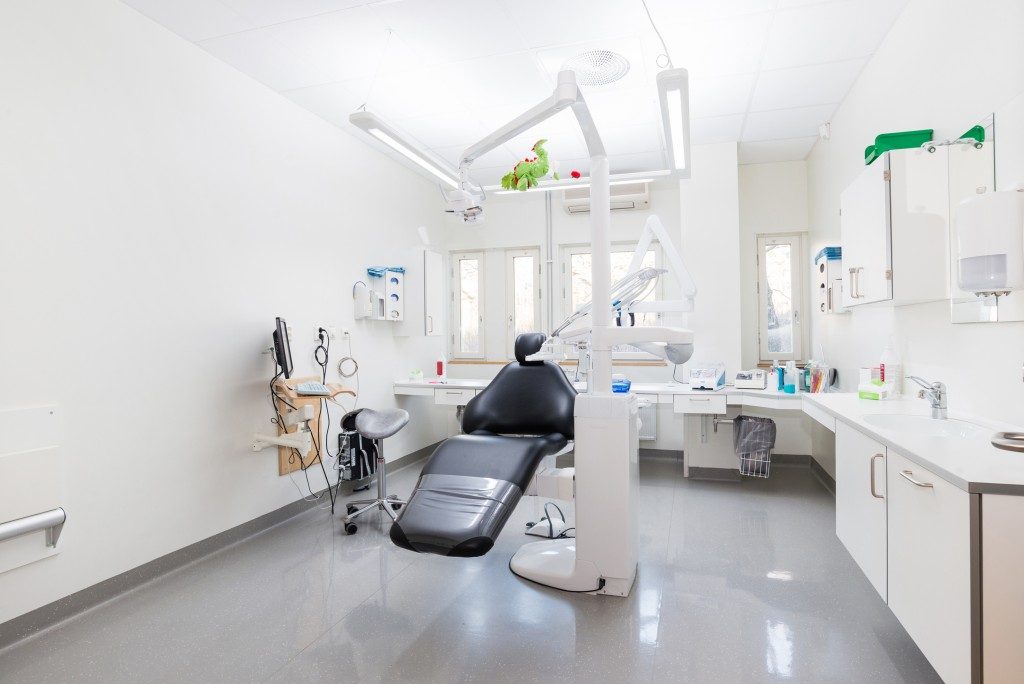Heavy construction equipment enables building and civil engineering projects to be completed faster. The balance between the cost and time savings made by using heavy plant rather than labour is often huge. Other benefits include the reduced risk of work accidents and, in some cases, achieving tasks not physically possible using labour alone.
The next issue to consider is whether to buy, lease or rent. Buying means the equipment is always available, a lease gives long-term use without the responsibility of maintenance and renting is often for short-term periods for specific jobs. But how do you go about setting up an excavator lease or rental agreement for concrete mixer, for example? It is a lot easier than it sounds, with sales representatives ready to help you identify the equipment required and when you will need it.
Why Choose to Rent or Lease Construction Equipment
Here are a few benefits when you opt to rent or lease construction equipment for your project:
Save Money on Maintenance Costs
If you want the equipment to work properly and efficiently, you have to maintain it to some degree. When renting or leasing a piece of machinery, you don’t really have to worry about its maintenance. So, you can use the equipment and save money on maintenance costs. If it breaks down, the hiring company will either have an engineer fix the problem or send a replacement.
Not Worry About Storage
When you own the construction equipment, you will worry about how you can properly store it when not in use. If your company owns heavy plant, then storage facilities, mechanics and plant management expenses need to be budgeted into overhead costs. If your company is going through a quiet spell, not only do you need to find enough storage space, but you are also losing money from the equipment remaining idle. Hiring means you only pay for the gear when you need it.
You Get the Right Equipment for the Job

With a wide range of construction tasks, a company would need to buy a large variety of items to fulfill work requirements. When you choose to rent equipment, you can get the right equipment for the specific task and return it when you’re done.
Lower Costs
If you are a specialist sub-contractor, buying may be more economical in the long-term. However, for overall construction project management, and smaller buildings, leasing or hiring is cheaper, and does not put a strain on cash flow because of large capital expenses early in the contract. When the project is done, you no longer have to spend money on the equipment, unless you have another project where you can use it. With rented equipment, the latest version and features are available as the plant hire company updates its stock. With purchased plant, the value of the asset depreciates as soon as it leaves the store.
Conclusion
With changing demands and technology in the construction industry, buying equipment is a long-term solution that can be outdated by the time the ROI comes into fruition. Whatever option you choose, just be sure to pick the one that matches your needs.




